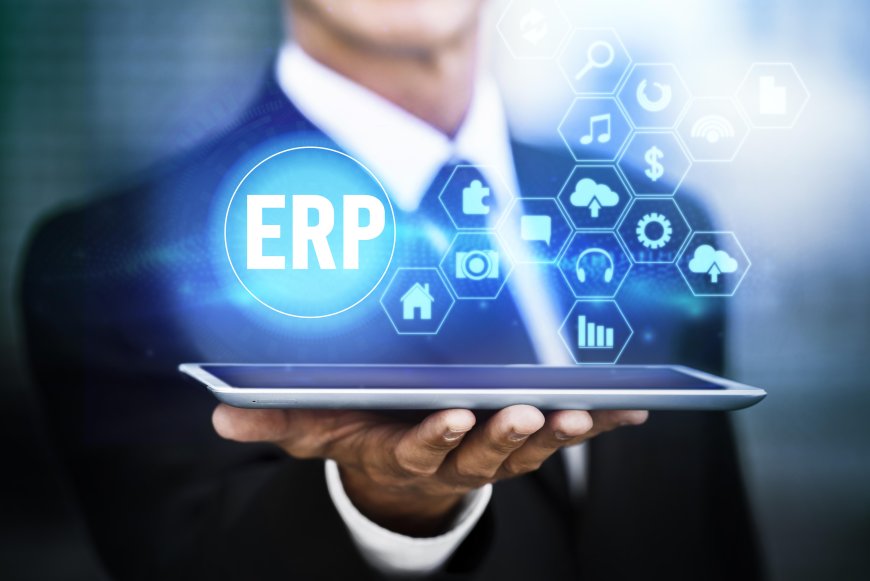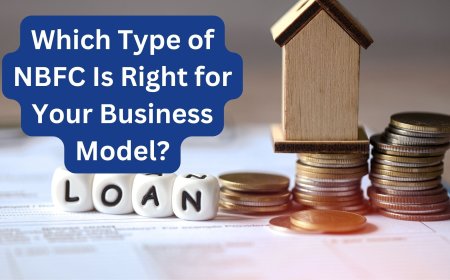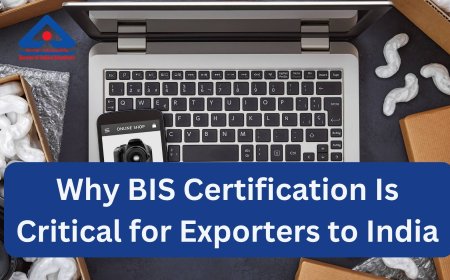Revolutionizing Business Efficiency: The Ultimate Guide to ERP Systems in Dubai

Introduction
In today’s fast-paced business environment, companies in Dubai are constantly seeking ways to streamline operations, enhance productivity, and gain a competitive edge. One of the most powerful tools driving this transformation is the ERP system in Dubai. But what is an ERP system, and how can it revolutionize your business?
This comprehensive guide will explore everything you need to know about ERP systems, their benefits, and why Dubai-based businesses are rapidly adopting them.
What Is an ERP System?
An Enterprise Resource Planning (ERP) system is a unified software platform that integrates various business processes—finance, HR, supply chain, sales, and more—into a single, centralized system.
Key Features of an ERP System
-
Real-time data access
-
Automated workflows
-
Cross-departmental integration
-
Advanced analytics & reporting
By consolidating operations, businesses eliminate inefficiencies, reduce errors, and enhance decision-making.
Why Dubai Businesses Need an ERP System
Dubai’s dynamic economy demands agility, scalability, and compliance with local regulations. Here’s why an ERP system in Dubai is essential:
1. Streamlined Operations in a Fast-Moving Market
-
Automates repetitive tasks
-
Reduces manual data entry errors
-
Enhances interdepartmental collaboration
2. Compliance with UAE Regulations
-
VAT reporting automation
-
Adherence to Dubai’s business laws
-
Secure financial documentation
3. Scalability for Growing Businesses
-
Supports business expansion
-
Adapts to increasing transaction volumes
-
Facilitates multi-location management
Top Benefits of Implementing an ERP System in Dubai
1. Improved Efficiency & Productivity
-
Reduces redundant processes
-
Speeds up approvals and workflows
-
Minimizes operational delays
2. Enhanced Financial Management
-
Real-time expense tracking
-
Automated invoicing & payroll
-
Accurate financial forecasting
3. Better Customer Relationship Management (CRM)
-
Centralized customer data
-
Faster response times
-
Personalized marketing strategies
4. Data Security & Cloud Accessibility
-
Secure cloud-based ERP solutions
-
Role-based access control
-
Disaster recovery & data backups
Choosing the Right ERP System in Dubai
Not all ERP systems are created equal. Consider these factors:
1. Industry-Specific Solutions
-
Retail, manufacturing, logistics, etc.
-
Customizable modules
2. Cloud vs. On-Premise ERP
-
Cloud ERP: Remote access, lower upfront costs
-
On-Premise ERP: Full control, higher security
3. Vendor Reputation & Local Support
-
Check client reviews
-
Ensure UAE-based customer support
Future of ERP Systems in Dubai
With advancements in AI, IoT, and blockchain, ERP systems are evolving to offer:
-
Predictive analytics for smarter decisions
-
AI-driven automation for reduced human intervention
-
Blockchain integration for secure transactions
Conclusion
An ERP system in Dubai is no longer a luxury—it’s a necessity for businesses aiming for growth, compliance, and efficiency. Understanding what is an ERP system and its benefits can help you make an informed decision.
Investing in the right ERP solution will position your business for long-term success in Dubai’s competitive market.
FAQs About ERP Systems in Dubai
1. What industries benefit most from ERP systems in Dubai?
ERP systems are versatile but particularly beneficial for retail, manufacturing, logistics, healthcare, and construction.
2. How much does an ERP system cost in Dubai?
Costs vary based on customization, user licenses, and deployment type (cloud or on-premise).
3. Can small businesses in Dubai use ERP systems?
Yes! Many scalable ERP solutions cater specifically to SMEs.
4. How long does ERP implementation take?
Typically 3-12 months, depending on complexity and business size.
5. Is cloud-based ERP secure for Dubai businesses?
Absolutely! Reputable providers offer encryption, compliance, and regular security updates.














































































